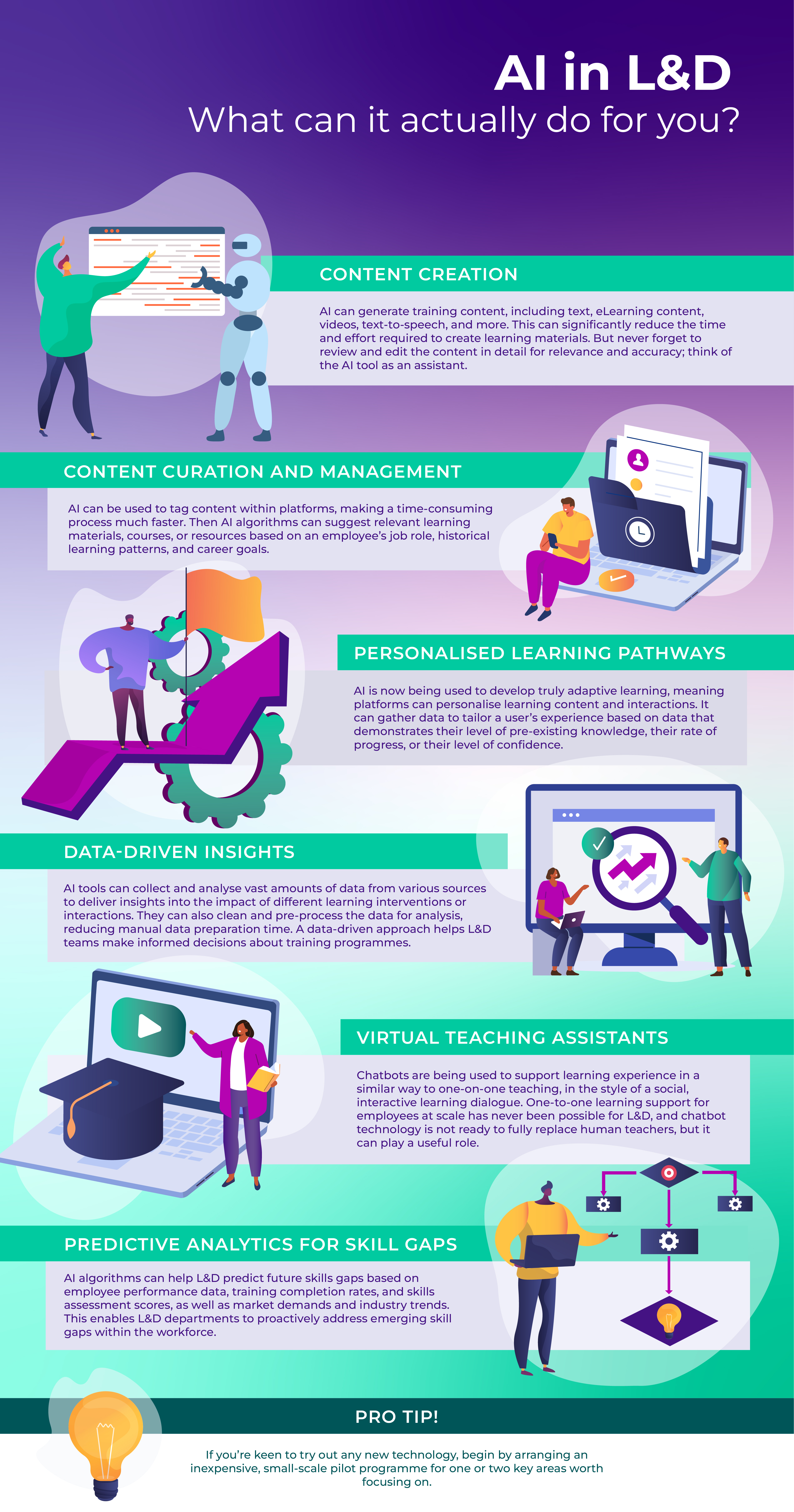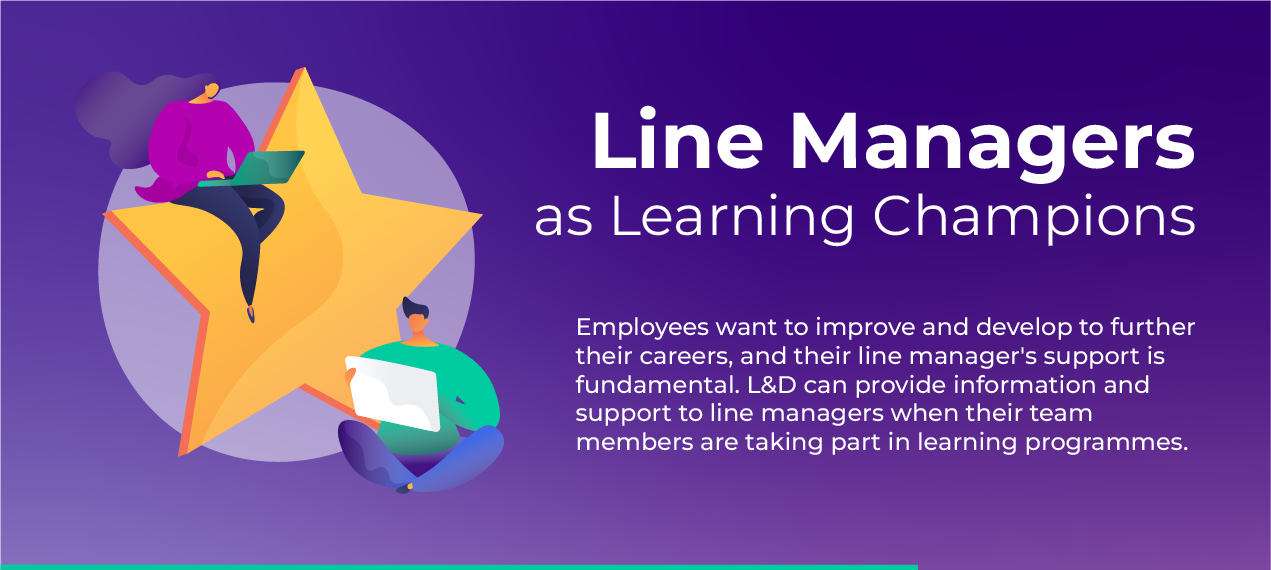It's time to challenge the elearning industry to offer clients better solutions - and to stop the buzzwords! If you've ever been unhappy with an elearning solution in the past, then this will help you to address the gaps and ask for better help.
Getting better eLearning solutions - using the right words
The words we hear and use can set us up for failure or success. There is good evidence, for example, that certain types of words and phrases trigger specific reactions and behaviours. Of course, context is everything and we all have specific belief systems and lived experiences that can fuel those reactions. But what if we knew that a poor choice of words stopped the people we work with from achieving the results they actually need? This Psychology Today article on dangerous words talks about using positive phraseology and being careful about choosing words that already have negative associations.
We need better eLearning and L&D words
When you think of the history of elearning and the journey that L&D are currently on, words are very relevant. Many for example, have tried what they consider to be ‘elearning’, and have been unhappy with the results. The term 'elearning', can conjure up a feeling of dread and fear of having to go through a deeply unpleasant experience (again). For L&D, there is still the constant talk of the L&D crisis, and the lack of L&D skill to push forward change. Similarly, speaking about Learning Management Systems, particularly old-style systems, can trigger a lot of negative reactions.
So what if we all changed how we talked about elearning and learning technologies? What if we could find more everyday words that made sense in the context of the typical business challenges we all face?
- Instead criticising elearning, let’s talk about the exciting opportunities because of better methods of presenting digital content - opportunities we all have outside the workplace, yet we face boring content once inside the workplace
- Instead of performance support, let’s talk about what processes and procedures people need the most help with, which could include discussions about improving those processes
- Instead of social learning, let’s talk about how we can help people to have better conversations
- Instead of the LMS, let’s talk about a place where people can find what they need to do their job better, find help through collaboration, and support for their long-term career aspirations
If we constantly bombard each other with a set of negative words about L&D, it can become a self-fulfilling prophecy, especially for those new to the profession or in junior roles. Crisis, lack of skill, lack of progress, fear, lack of confidence – to name but a few of the words I hear constantly about L&D.Time to stop the elearning industry noise
At Logicearth, we also feel that L&D staff have to cut through too many buzzwords. It is ironic that often L&D are criticised for not using the language of business, but many elearning and learning technology vendors bombard their customers with industry buzzwords. Social learning and mobile learning are two of the biggest culprits here. Perhaps L&D are just engaging with their staff in the same way that they are being engaged with.
So what is the solution?
First, we need to be aware of the words and language we use, and second we need to look at the impact those words are having. At Logicearth, we feel that industry buzzwords are getting in the way of having real in-depth, critical business conversations. We don’t talk to our clients about social learning, elearning or any other buzzword. We ask clients – what are your common business challenges and how are you currently addressing those?
Low cost, high impact eLearning solutions
While a small percentage of elearning vendors and learning technology companies help larger, better-resourced organisations to succeed using the latest thinking and tech, many mid-size and smaller organisations still struggle to make sense of what our industry has to offer. There isn’t enough low-cost, high impact solutions for clients to really make a difference to their staff and their business. The constant negativity surrounding L&D, coupled with impenetrable buzzwords isn’t helping that. You can see that illustrated in our infographic at the bottom of this blog post. There is a certain grasping at straws to make progress:
“You haven’t done eLearning before, so let’s give that a go”,
or
“You need an LMS to provide access to eLearning”.
But the big opportunity here is being missed – there is so much more we can do with great digital learning content and learning technologies.
Join the discussion
We’ll blog again about this topic, but we’d love to get a real conversation going about this. If you work in L&D, what type of language would help you get to better solutions? What buzzwords do you hear often? Or if you would like to know how you can be more successful in your role and make a bigger impact in your organisation - read our corporate guide to digital learning.

See more of our infographics with leading industry research here.










Was this article helpful?